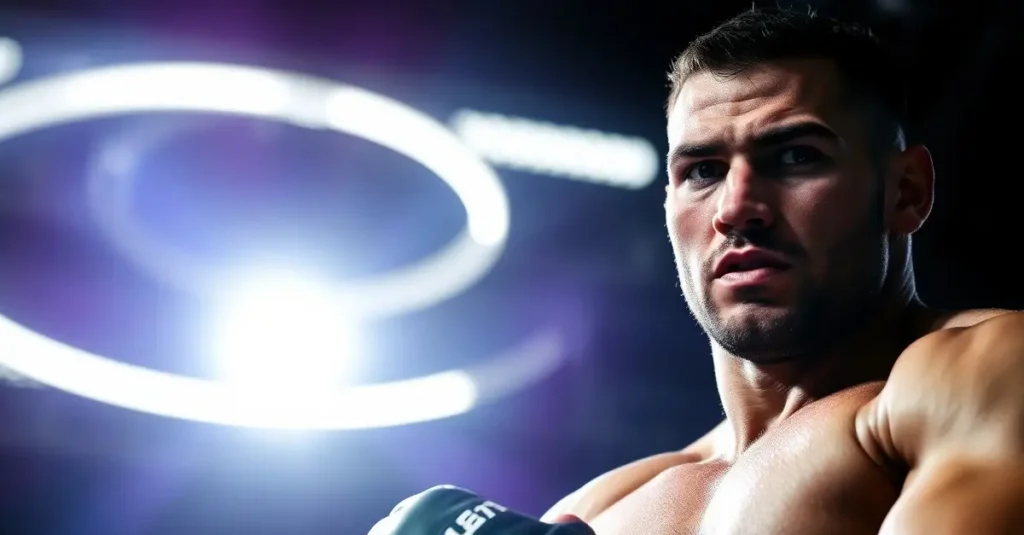With the intense demands of combat sports, understanding the psychological aspects of your performance can significantly enhance your effectiveness in the ring or cage. Psychoeducation refers to the process of educating individuals about the psychological factors that can influence performance, mental well-being, and overall physical health. By incorporating psychoeducational strategies into your training regimen, you can improve not only your combat skills but also your mental resilience and focus.
One fundamental aspect of psychoeducation is understanding the “mental game” aspect of competing. You may find that emotions such as anxiety, stress, and fear play a role in your performance. Learning how to recognize these feelings is the first step towards managing them effectively. Techniques such as mindfulness and visualization can help you stay calm and focused during competitions. By practicing mindfulness, you can enhance your awareness of the present moment, which is crucial for making split-second decisions and maintaining optimal performance.
In addition to managing emotions, psychoeducation emphasizes the importance of goal setting. Setting clear, achievable goals can provide you with direction and motivation throughout your training. Break down your long-term aspirations into smaller, manageable milestones. This way, you can celebrate your progress regularly, keeping you engaged and committed. You might want to use the SMART criteria—making your goals Specific, Measurable, Achievable, Relevant, and Time-bound—to ensure clarity and purpose in your objectives.
Another important element of psychoeducation is the development of self-talk strategies. How you converse with yourself can significantly influence your confidence and performance. By learning to replace negative self-talk with positive affirmations, you can build a more empowering mental environment. Practice phrases that encourage and motivate you, and continuously remind yourself of your capabilities and accomplishments.
You may also want to consider the impact of social support on your psychological resilience. Engaging with coaches, training partners, and family can provide you with the encouragement and feedback necessary to improve both physically and mentally. Building a support network creates an environment where you can share your experiences and learn from others, reinforcing the positive effects of psychoeducation.
Lastly, understanding the balance between training and recovery is vital in the context of psychoeducation. Proper recovery not only aids in physical healing but also supports mental health. Incorporating restorative practices such as adequate sleep, nutrition, and relaxation techniques can enhance your cognitive functions and emotional stability. A healthy mind contributes to a more focused and effective athlete.
In a nutshell, integrating psychoeducation into your training can elevate your performance in combat sports. By harnessing mental strategies, setting clear goals, practicing positive self-talk, fostering social connections, and maintaining recovery, you empower yourself to reach your full potential as an athlete. Consider exploring these aspects to maximize both your physical and mental prowess in the ring.




